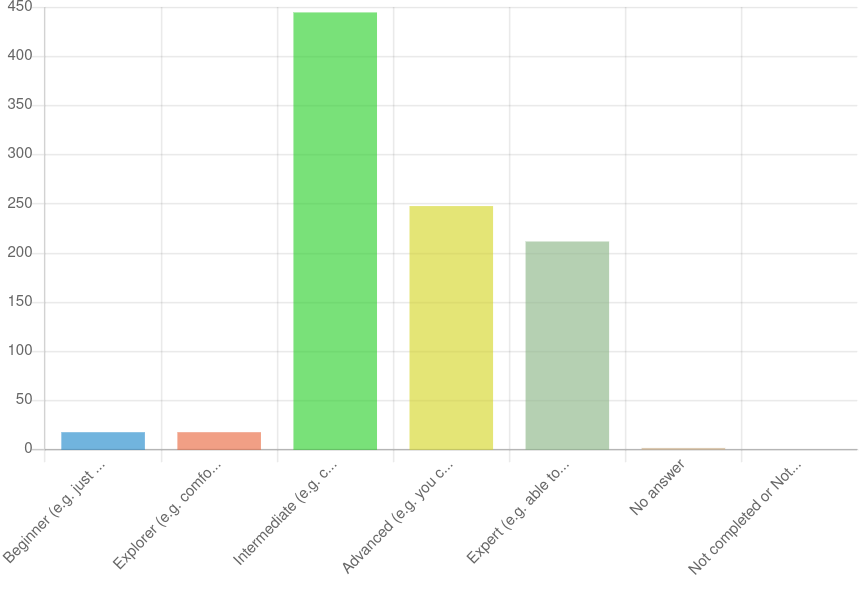Author:
Source
Sponsored:
Atlas of AI: Power, Politics, and the Planetary Costs of Artificial Intelligence - Audiobook

Uncover the true cost of artificial intelligence.
Listen now, and see the system behind the screens before the future listens to you. = > Atlas of AI $0.00 with trial. Read by Larissa Gallagher
GSS-API is a standardized framework that is used by applications to, primarily, support Kerberos V5 authentication. GSS-API is standardized by IETF and supported by protocols like SSH, SMTP, IMAP and HTTP, and implemented by software projects such as OpenSSH, Exim, Dovecot and Apache httpd (via mod_auth_gssapi). The implementations of Kerberos V5 and GSS-API that are packaged for common GNU/Linux distributions, such as Debian, include MIT Kerberos, Heimdal and (less popular) GNU Shishi/GSS.
When an application or library is packaged for a GNU/Linux distribution, a choice is made which GSS-API library to link with. I believe this leads to two problematic consequences: 1) it is difficult for end-users to chose between Kerberos implementation, and 2) dependency bloat for non-Kerberos users. Let’s discuss these separately.
- No system admin or end-user choice over the GSS-API/Kerberos implementation used
There are differences in the bug/feature set of MIT Kerberos and that of Heimdal’s, and definitely that of GNU Shishi. This can lead to a situation where an application (say, Curl) is linked to MIT Kerberos, and someone discovers a Kerberos related problem that would have been working if Heimdal was used, or vice versa. Sometimes it is possible to locally rebuild a package using another set of dependencies. However doing so has a high maintenance cost to track security fixes in future releases. It is an unsatisfying solution for the distribution to flip flop between which library to link to, depending on which users complain the most. To resolve this, a package could be built in two variants: one for MIT Kerberos and one for Heimdal. Both can be shipped. This can help solve the problem, but the question of which variant to install by default leads to similar concerns, and will also eventually leads to dependency conflicts. Consider an application linked to libraries (possible in several steps) where one library only supports MIT Kerberos and one library only supports Heimdal.
The fact remains that there will continue to be multiple Kerberos implementations. Distributions will continue to support them, and will be faced with the dilemma of which one to link to by default. Distributions and the people who package software will have little guidance on which implementation to chose from their upstream, since most upstream support both implementations. The result is that system administrators and end-users are not given a simple way to have flexibility about which implementation to use.
- Dependency bloat for non-Kerberos use-cases.
Compared to the number of users of GNU/Linux systems out there, the number of Kerberos users on GNU/Linux systems is smaller. Here distributions face another dilemma. Should they enable GSS-API for all applications, to satisfy the Kerberos community, or should they be conservative with adding dependencies to reduce attacker surface for the non-Kerberos users? This is a dilemma with no clear answer, and one approach has been to ship two versions of a package: one with Kerberos support and one without. Another option here is for upstream to support loadable modules, for example Dovecot implement this and Debian ship with a separate ‘dovecot-gssapi’ package that extend the core Dovecot seamlessly. Few except some larger projects appear to be willing to carry that maintenance cost upstream, so most only support build-time linking of the GSS-API library.
There are a number of real-world situations to consider, but perhaps the easiest one to understand for most GNU/Linux users is OpenSSH. The SSH protocol supports Kerberos via GSS-API, and OpenSSH implement this feature, and most GNU/Linux distributions ship a SSH client and SSH server linked to a GSS-API library. Someone made the choice of linking it to a GSS-API library, for the arguable smaller set of people interested in it, and also the choice which library to link to. Rebuilding OpenSSH locally without Kerberos support comes with a high maintenance cost. Many people will not need or use the Kerberos features of the SSH client or SSH server, and having it enabled by default comes with a security cost. Having a vulnerability in OpenSSH is critical for many systems, and therefor its dependencies are a reasonable concern. Wouldn’t it be nice if OpenSSH was built in a way that didn’t force you to install MIT Kerberos or Heimdal? While still making it easy for Kerberos users to use it, of course.
Hopefully I have made the problem statement clear above, and that I managed to convince you that the state of affairs is in need of improving. I learned of the problems from my personal experience with maintaining GNU SASL in Debian, and for many years I ignored this problem.
Let me introduce Libgssglue!

Libgssglue is a library written by Kevin W. Coffman based on historical GSS-API code, the initial release was in 2004 (using the name libgssapi) and the last release was in 2012. Libgssglue provides a minimal GSS-API library and header file, so that any application can link to it instead of directly to MIT Kerberos or Heimdal (or GNU GSS). The administrator or end-user can select during run-time which GSS-API library to use, through a global /etc/gssapi_mech.conf file or even a local GSSAPI_MECH_CONF environment variable. Libgssglue is written in C, has no external dependencies, and is BSD-style licensed. It was developed for the CITI NFSv4 project but libgssglue ended up not being used.
I have added support to build GNU SASL with libgssglue — the changes required were only ./configure.ac-related since GSS-API is a standardized framework. I have written a fairly involved CI/CD check that builds GNU SASL with MIT Kerberos, Heimdal, libgssglue and GNU GSS, sets ups a local Kerberos KDC and verify successful GSS-API and GS2-KRB5 authentications. The ‘gsasl’ command line tool connects to a local example SMTP server, also based on GNU SASL (linked to all variants of GSS-API libraries), and to a system-installed Dovecot IMAP server that use the MIT Kerberos GSS-API library. This is on Debian but I expect it to be easily adaptable to other GNU/Linux distributions. The check triggered some (expected) Shishi/GSS-related missing features, and triggered one problem related to authorization identities that may be a bug in GNU SASL. However, testing shows that it is possible to link GNU SASL with libgssglue and have it be operational with any choice of GSS-API library that is shipped with Debian. See GitLab CI/CD code and its CI/CD output.
This experiment worked so well that I contacted Kevin to learn that he didn’t have any future plans for the project. I have adopted libgssglue and put up a Libgssglue GitLab project page, and pushed out a libgssglue 0.5 release fixing only some minor build-related issues. There are still some missing newly introduced GSS-API interfaces that could be added, but I haven’t been able to find any critical issues with it. Amazing that an untouched 10 year old project works so well!
My current next steps are:
- Release GNU SASL with support for Libgssglue and encourage its use in documentation.
- Make GNU SASL link to Libgssglue in Debian, to avoid a hard dependency on MIT Kerberos, but still allowing a default out-of-the-box Kerberos experience with GNU SASL.
- Maintain libgssglue upstream and implement self-checks, CI/CD testing, new GSS-API interfaces that have been defined, and generally fix bugs and improve the project. Help appreciated!
- Maintain the libgssglue package in Debian.
- Look into if there are applications in Debian that link to a GSS-API library that could instead be linked to libgssglue to allow flexibility for the system administrator and reduce dependency bloat.
What do you think? Happy Hacking!



